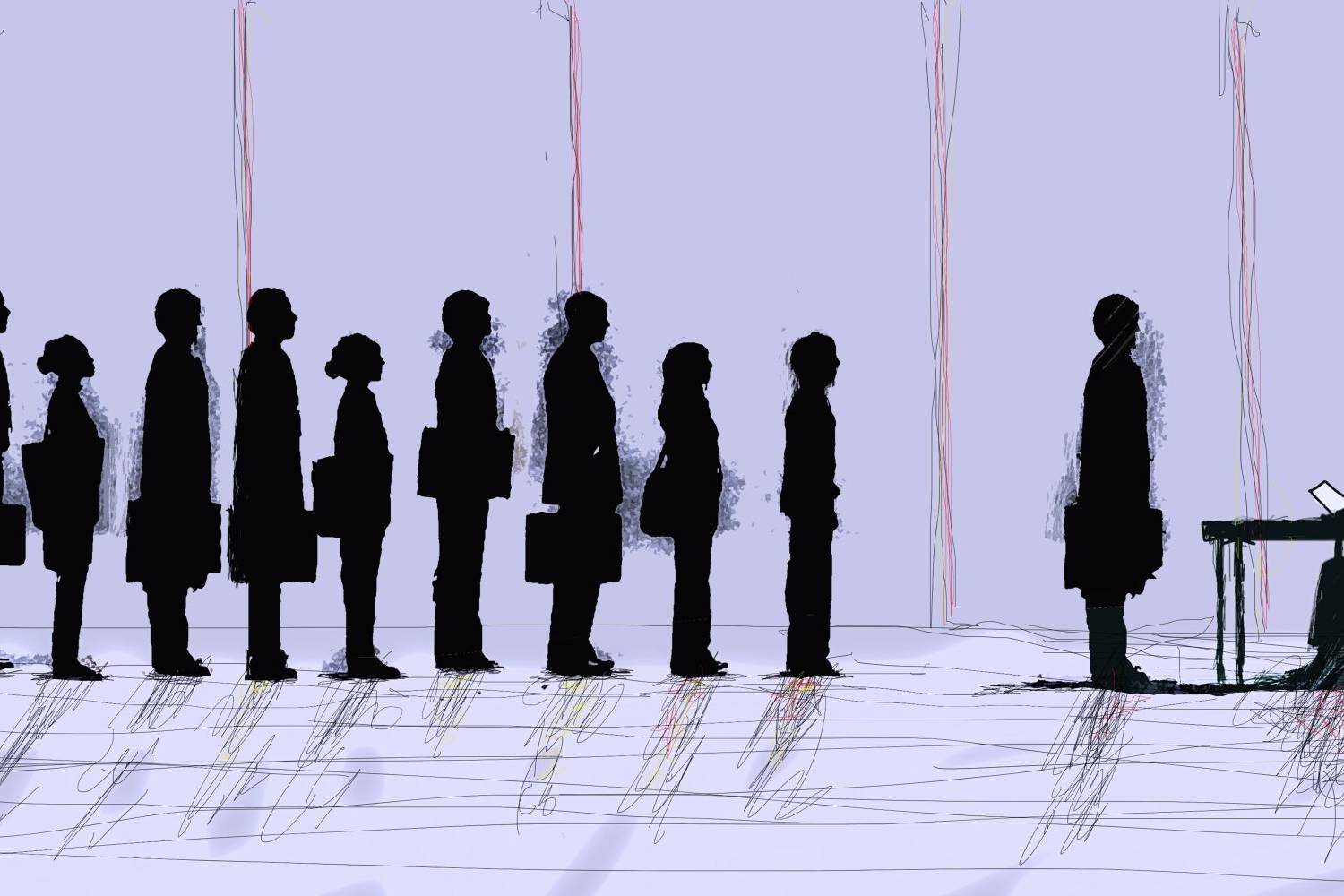Filing for Pennsylvania Unemployment Compensation in the Lehigh Valley
The best unemployment attorneys will tell you to file for unemployment compensation benefits immediately after being terminated. You can file your claim on-line at the Pennsylvania Department of Labor website. While this process is fairly brief and will require some basic background information, you will then be required the continue to update the unemployment office with ongoing information.
Pennsylvania Unemployment Compensation Eligibility
You must have have earned at least $50 a week for the last 16 weeks to be eligible for unemployment benefits. You will not be eligible for Unemployment Compensation benefits if it is determined you were terminated for “willful misconduct.” You are likely also ineligible if you voluntarily quit, but not always. You must also be willing to seek employment if and when you are able.
Pennsylvania Unemployment Compensation Benefits Process
You must begin the process by filing a claim for unemployment compensation with the Pennsylvania Department of Labor. The unemployment office will then issue you a Notice of Determination which will state whether you are eligible or ineligible for UC benefits based upon their initial determination.
Common Mistakes Claimants make in the Initial Claim
People often make some mistakes when filing for unemployment. Some of these mistakes are:
• Telling the Unemployment Office that you are not able to work when, in fact, you are
• Telling the Unemployment Office that you are not willing to work when, in fact, you are
• Telling the Unemployment Office that you are not searching for employment when, in fact, you are
• Not realizing that the employer may use your statements against you
• Admitting to willful misconduct
• Not thoroughly thinking through answers
Unemployment Compensation Referee Hearing
If your Notice of Determination denied you benefits, you may appeal the determination and you will be scheduled for a UC Referee Hearing. But you must appeal the determination within 15 days from the date that Notice of Determination was mailed.
At a referee hearing you will have the chance to put on evidence and refute evidence presented by your employer. The referee will then determine your eligibility for UC benefits based upon the evidence presented. While many employers are represented at these hearings, some are not. Of the employers that are represented, many are represented by non-attorney professionals who often lack a complete understanding of the rules of evidence. Often times an ex-employee may win an unemployment case based on evidentiary technicalities. Two prime examples of these cases are where an employer is incapable of having a urine screening admitted due to technicalities or where an ex-employee’s statements are not allowed to be introduced because they are hearsay.
Unfortunately, if your Notice of Determination found you eligible for benefits, the employer can also challenge your benefits by requesting a referee hearing.
Appeal to the Unemployment Compensation Board of Review
If you are denied benefits at the referee hearing, you can further appeal this determination to the Pennsylvania Unemployment Compensation Board of Review (UCBR). The UCBR will review the record and determine if the referee’s decision was correct. The UCBR will rarely consider any additional evidence that was not presented at the referee hearing. However, your attorney my file a legal brief outlining how the referee failed to apply the law correctly.
While unemployment compensation attorney James Madsen has an excellent record of winning UCBR appeals, those wishing to appeal to the UCBR should know that the overall rate at which the UCBR overturns a referee’s decision hovers just around 10%. In many cases, the cost of a thorough appeal may not be justifiable expense when contrasted with the amount that may be recovered and the chances of recovery.
Appeal to the Commonwealth Court
If your claim remains denied after the UCBR reviews the decision, you have one final appeal to the Commonwealth Court. This appeal will consist of the filing of a formal brief. Appeals to the Commonwealth Court must be made within 30 days from the Board of Review’s decision. Much like UCBR appeals, appeals to the Commonwealth Court are an expensive and often uphill battle.


